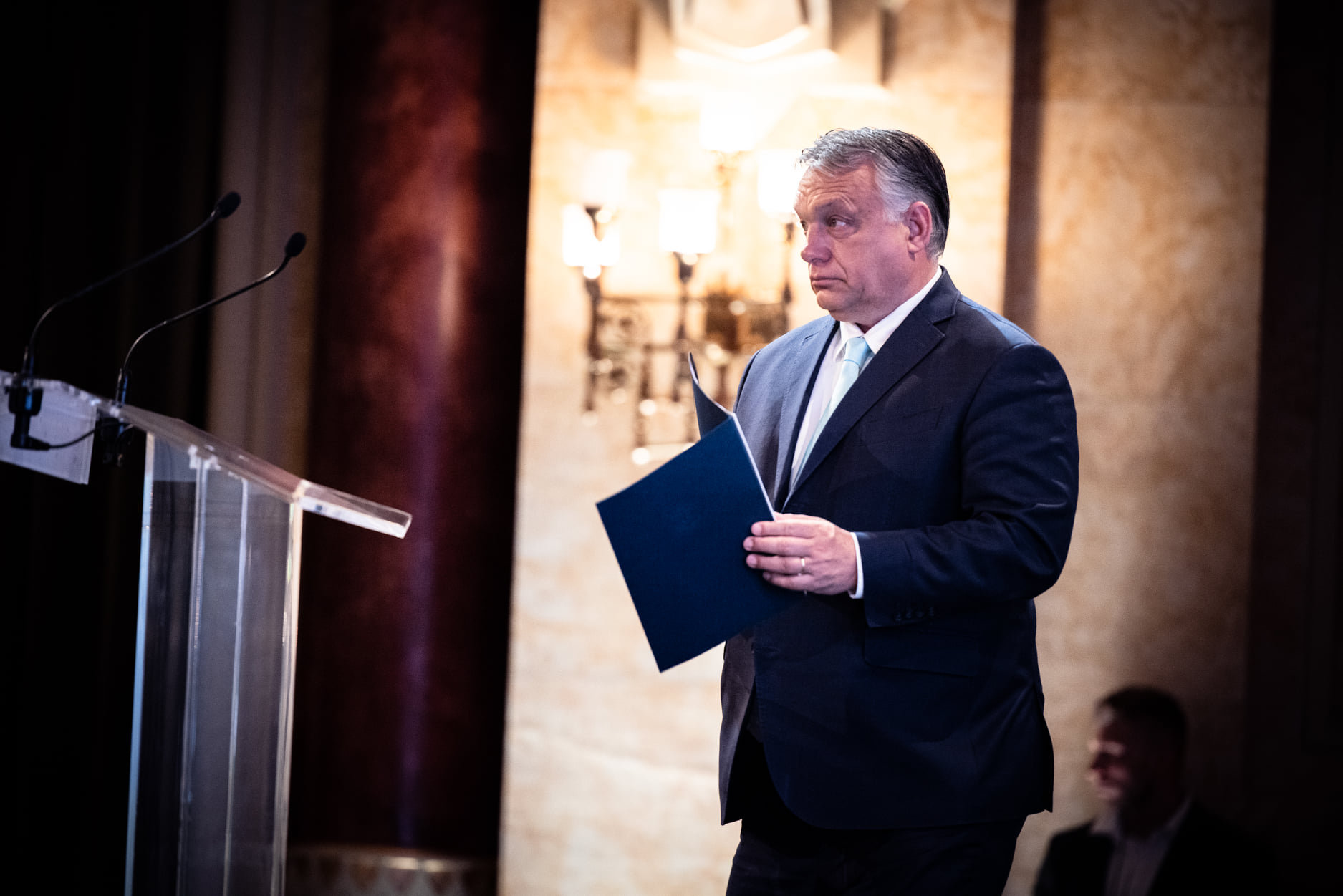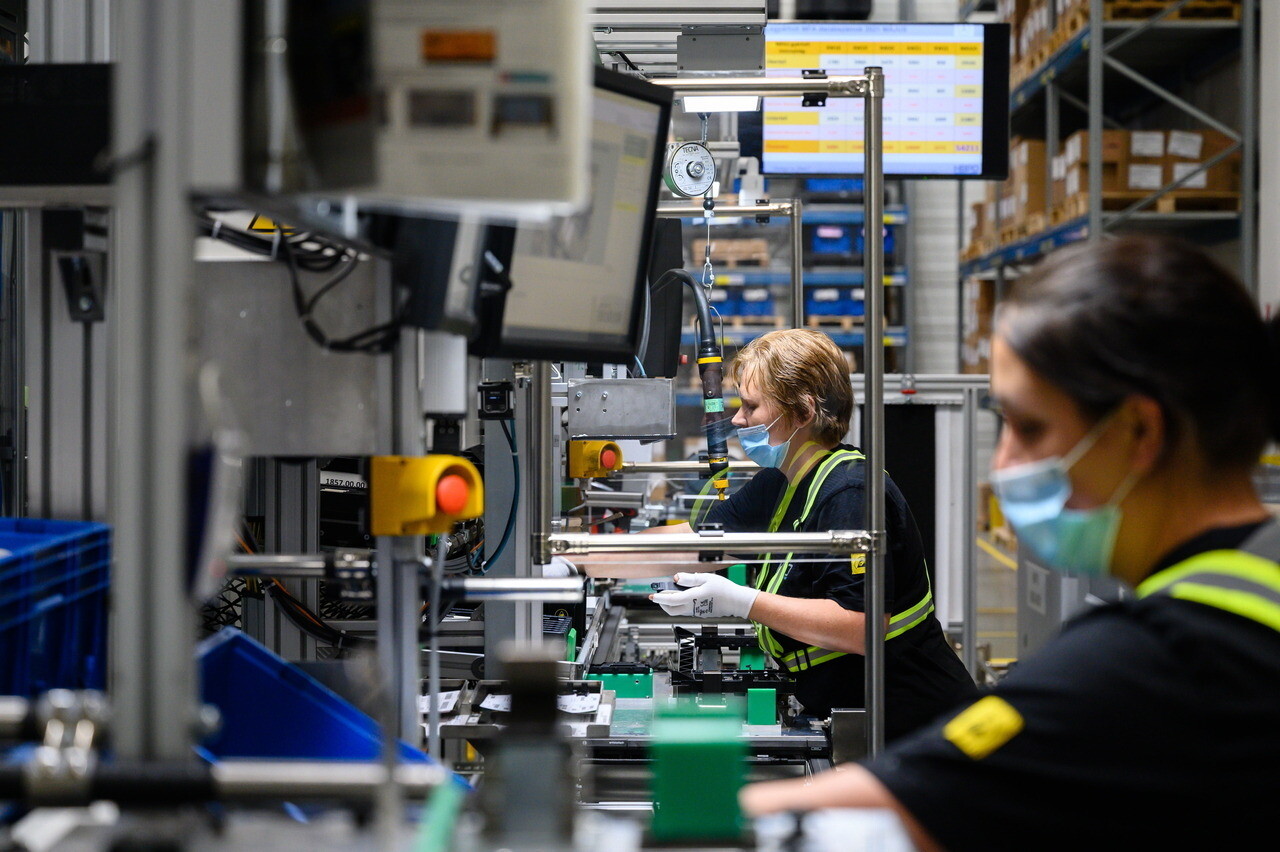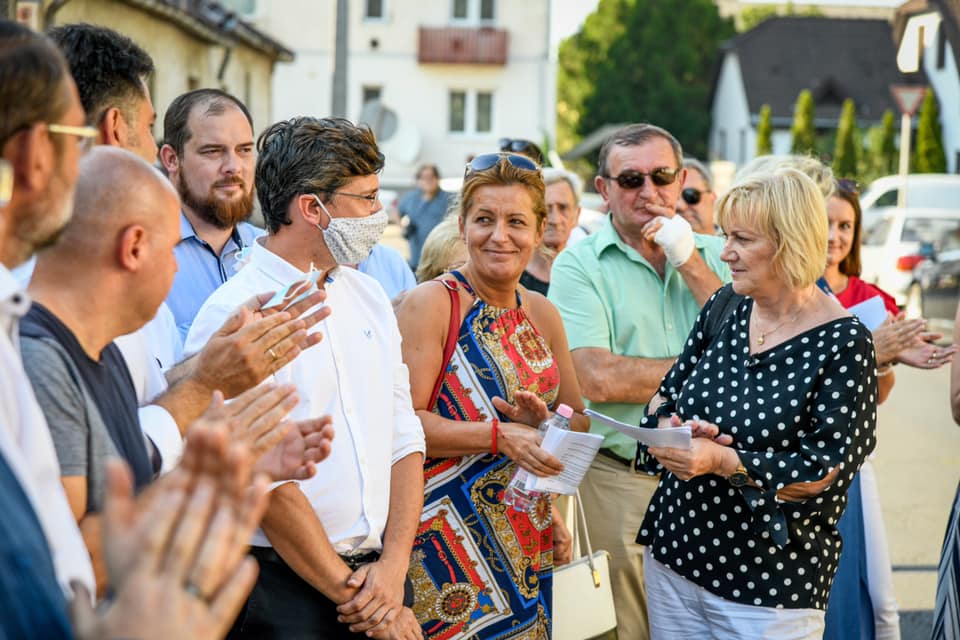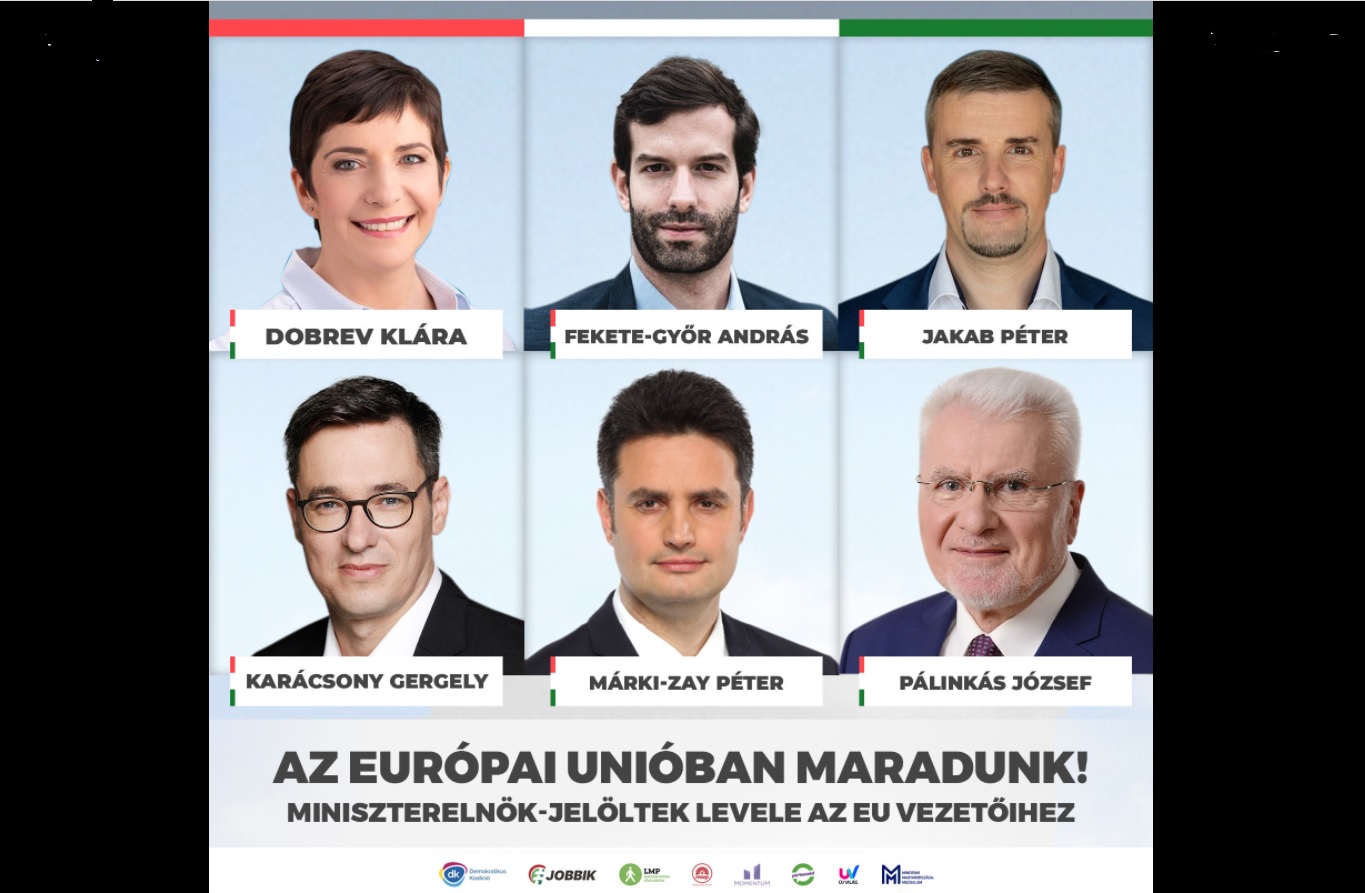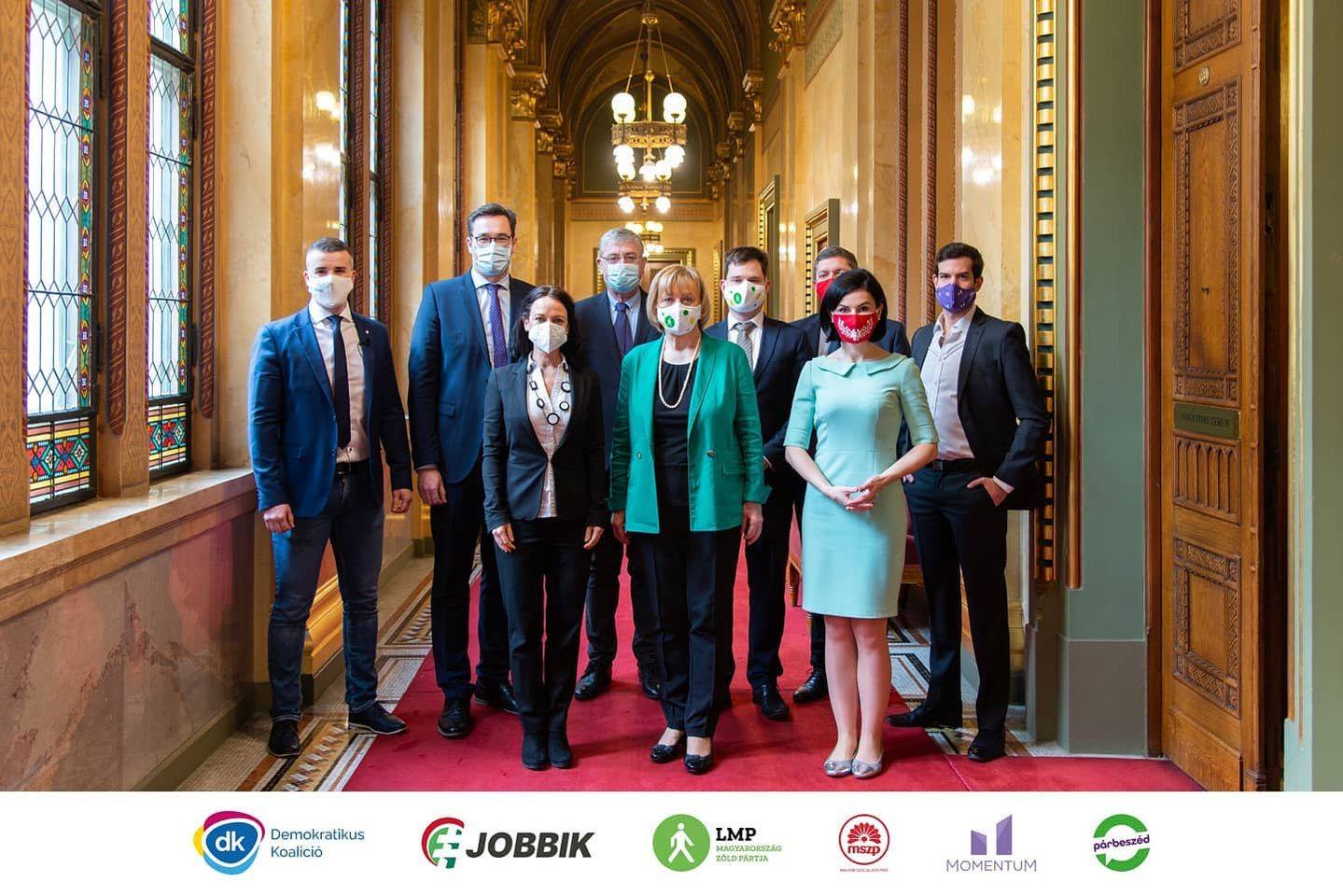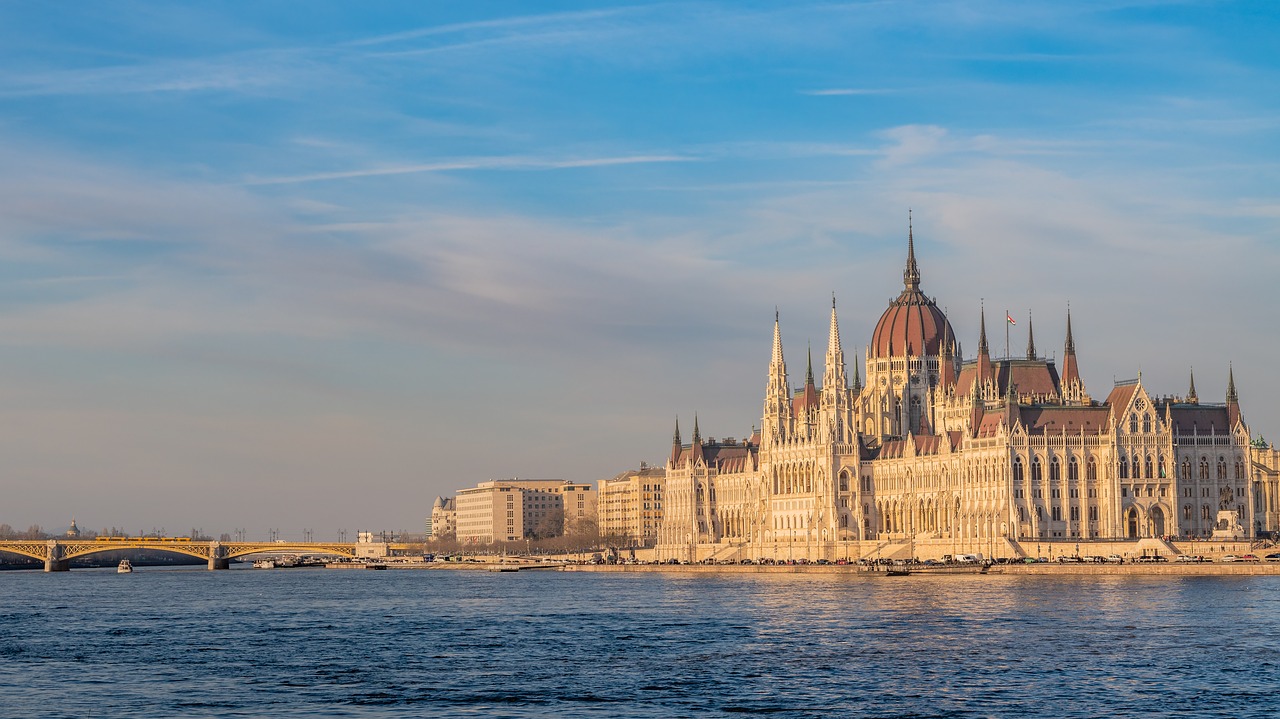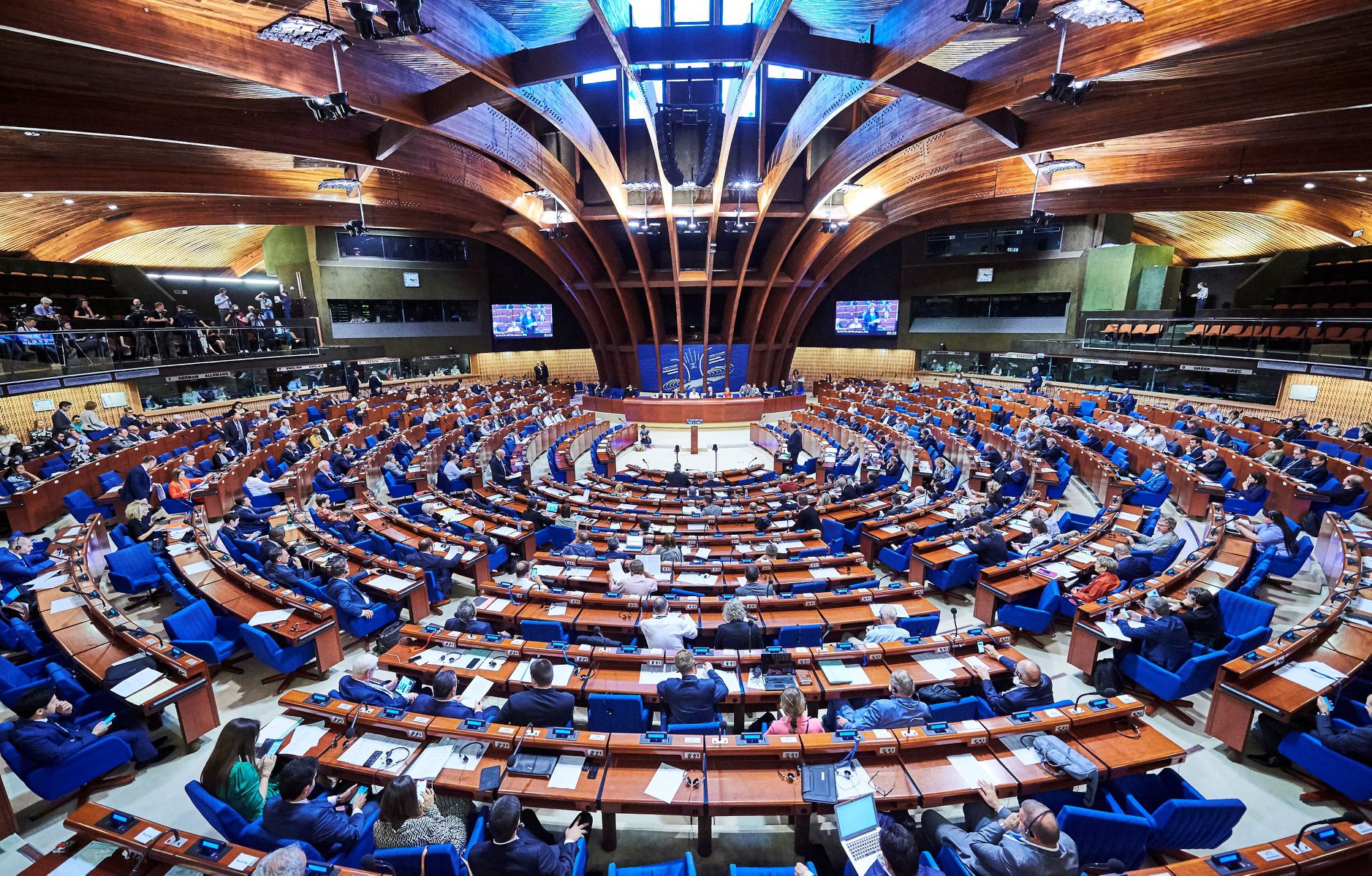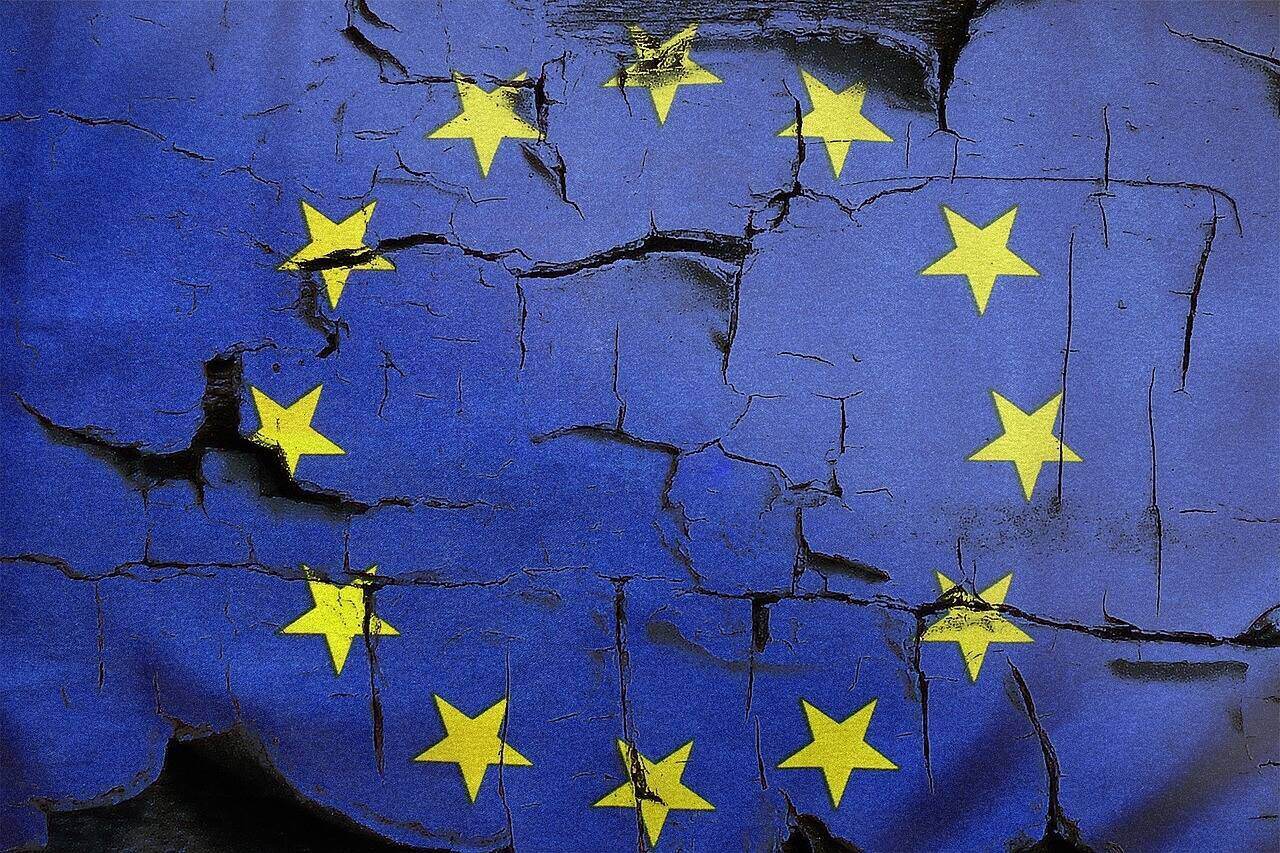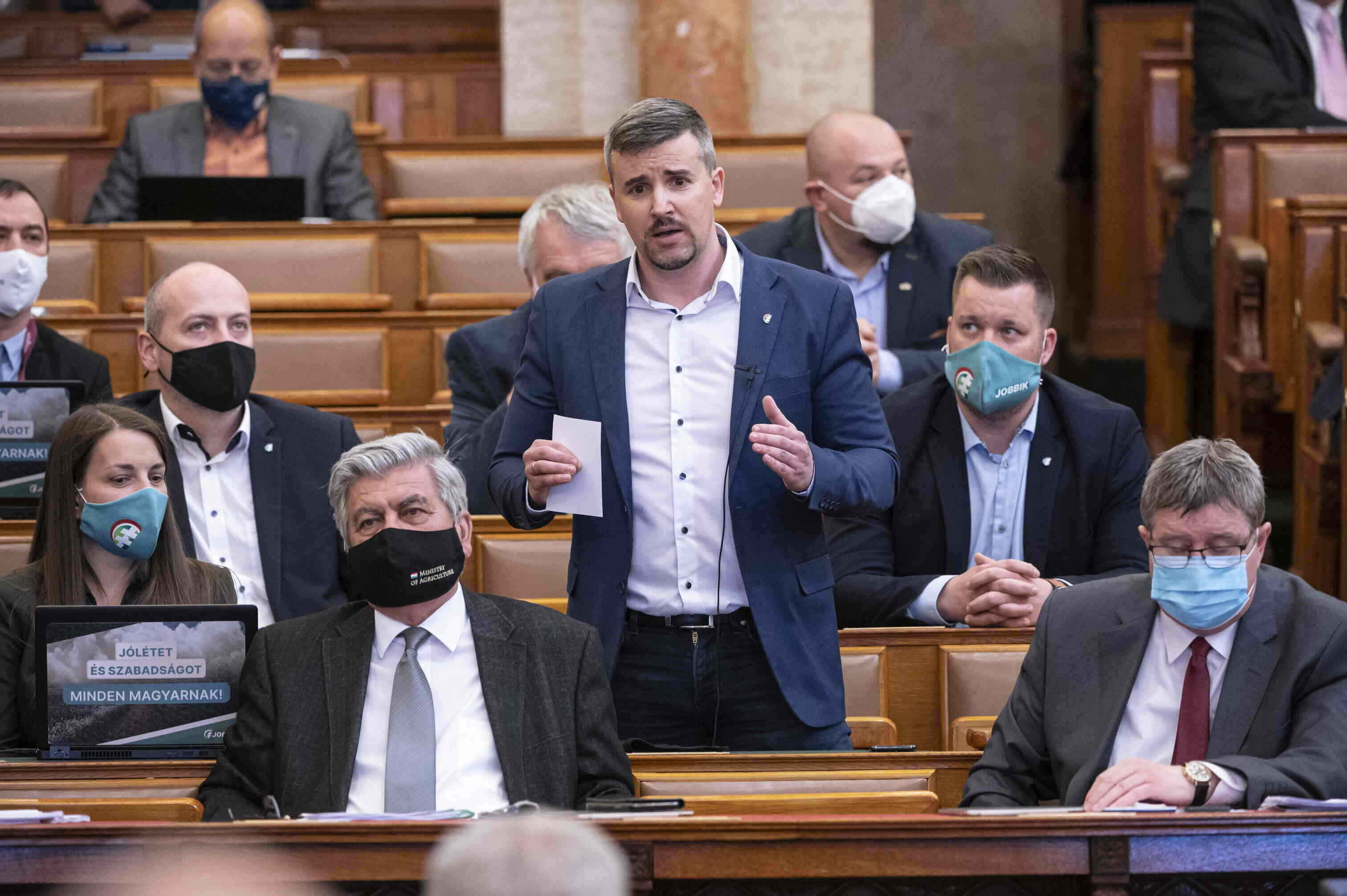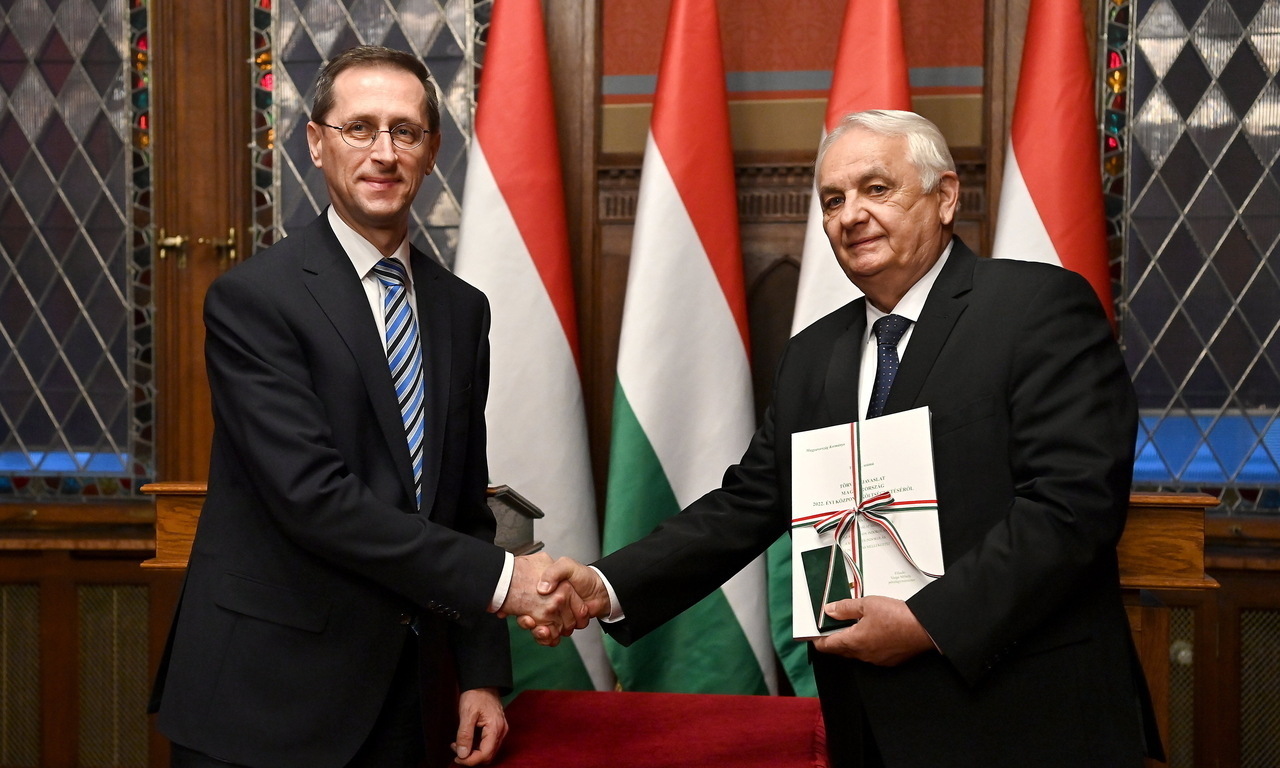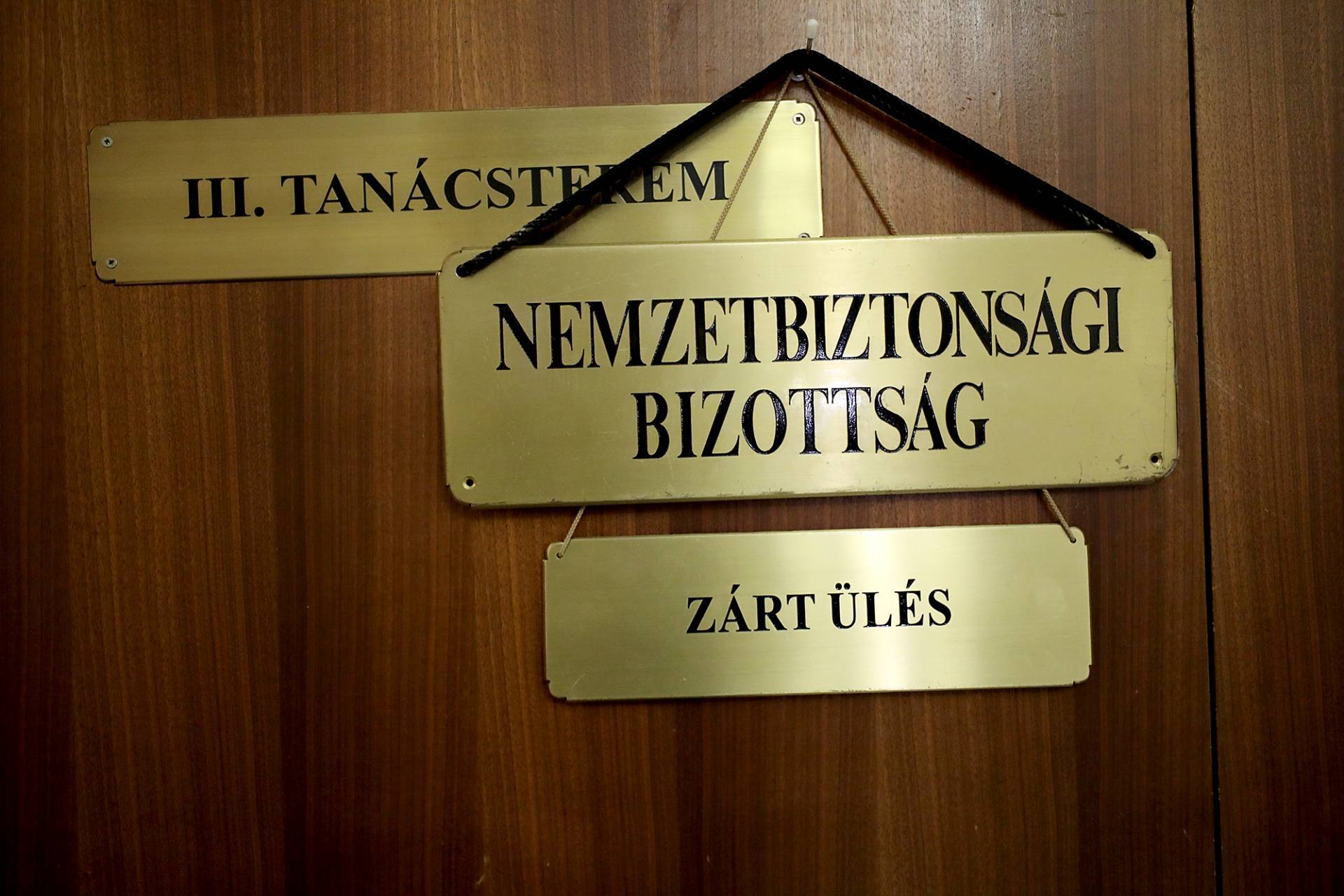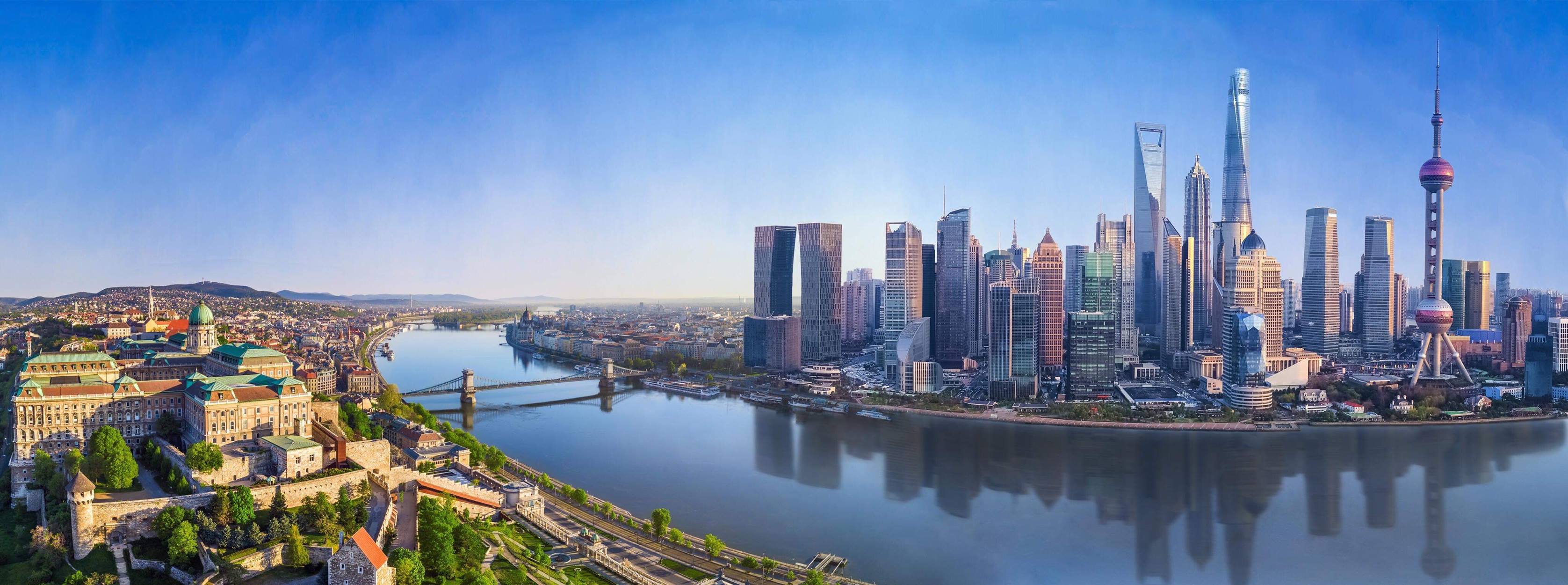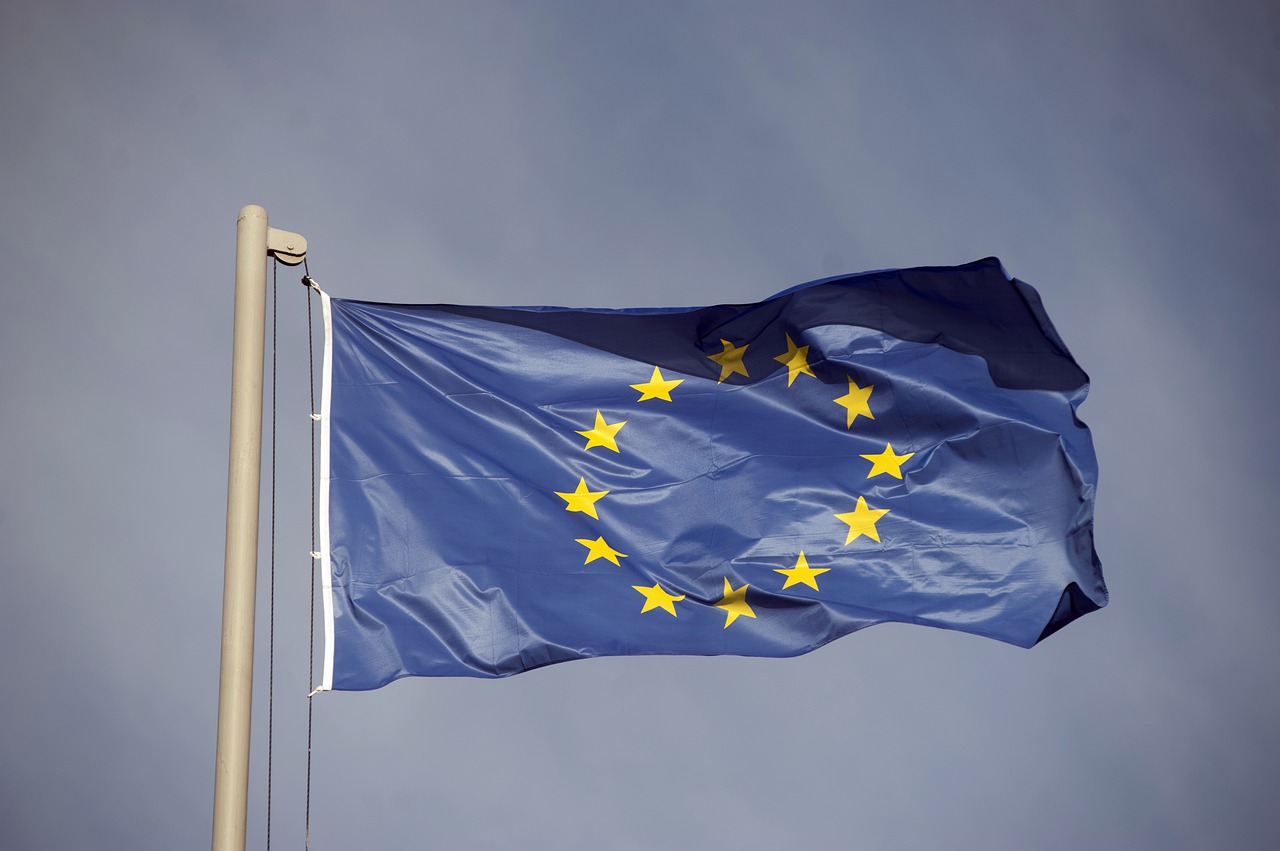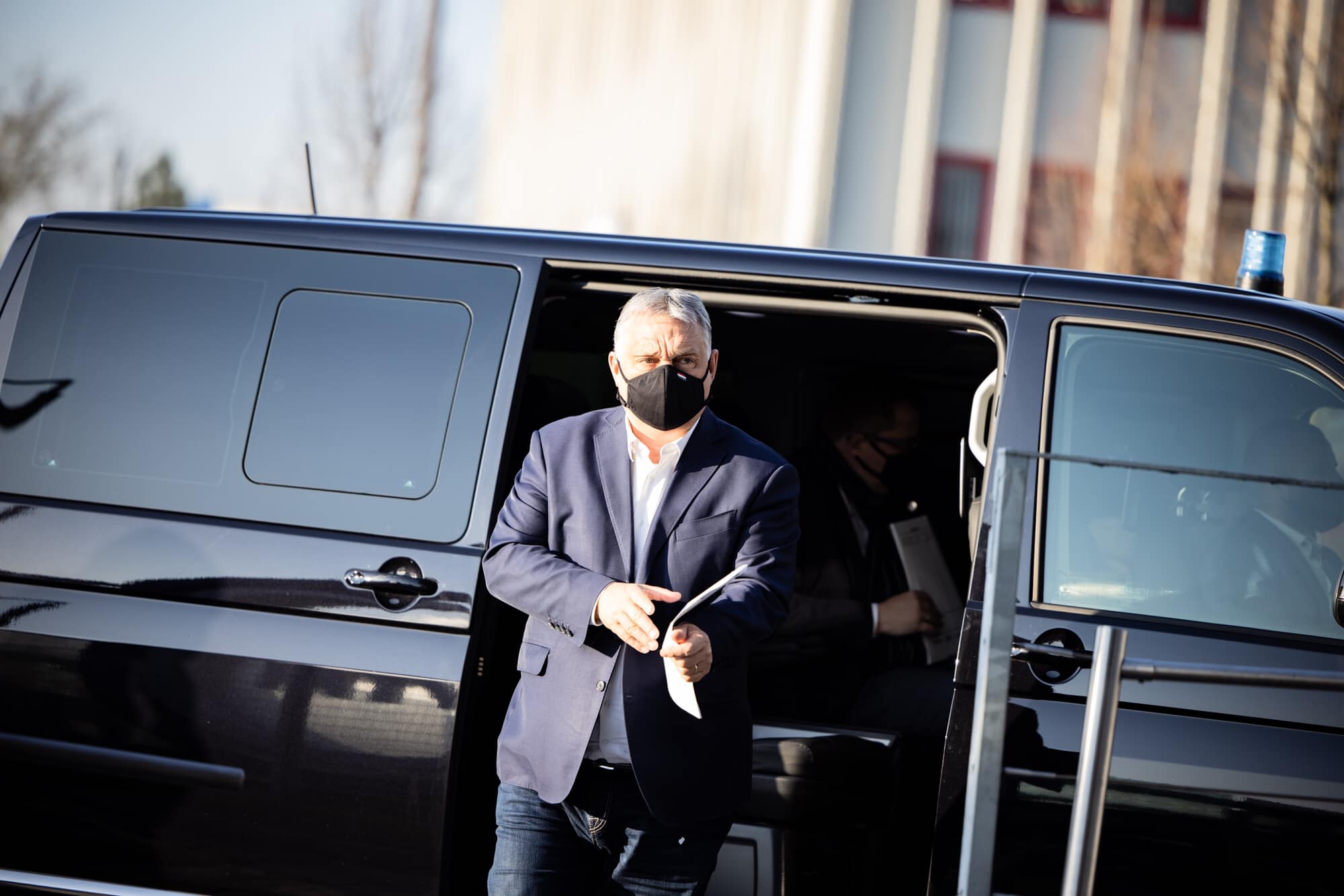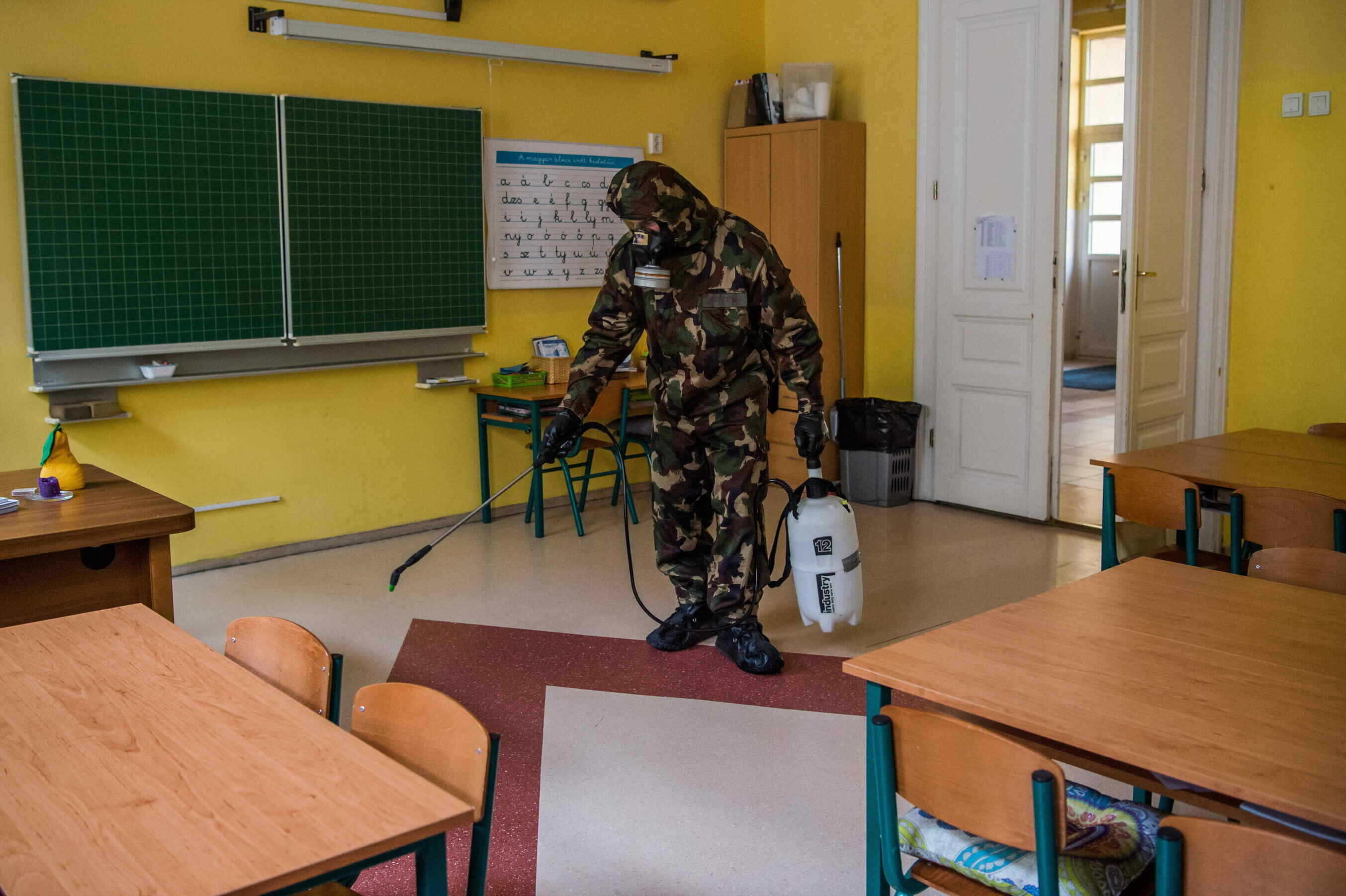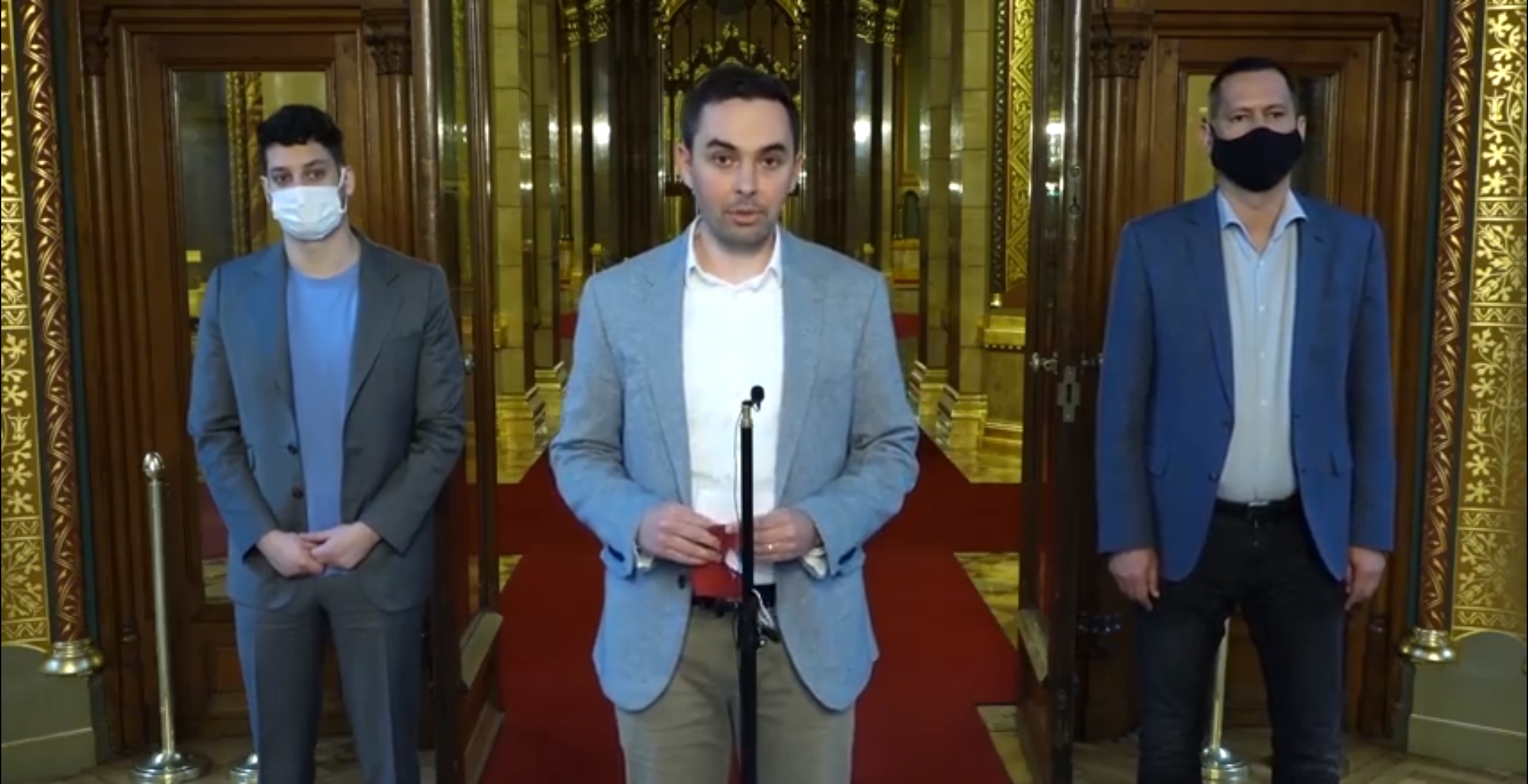Remarks from Jobbik MEP Márton Gyöngyösi:
Many things have gone through a fundamental change over the past centuries but Europe’s economic and cultural weight, apart from a few downturns, has never been questioned in the world. In spite of that, our continent has never been able to become a united dominant political force. And if you look at the foreign policy fiascos of the past months, what you see is, unfortunately, that the European Union is still far from being able to step up as a real actor on the stage of international diplomacy. If that’s the real goal, that is…
Three leading European politicians had to endure weeks of embarrassment after travelling outside the community’s borders to conduct negotiations.
Foreign Affairs and Security Policy High Representative Josep Borrell received very serious criticism after his February visit to Moscow. In fact, it was suggested that he should perhaps resign from his office because, contrary to his earlier promise, he failed to represent the EU’s opinion with the necessary assertiveness regarding the Russia-related issues that our community is concerned about at the moment. In fact, you can safely say that the negotiations were dominated by Moscow, and then Borrell was even humiliated in the international press conference.
Hardly had the Borrell scandal died down, when the next affair, commonly referred to as “sofagate” broke out in April: EC President Ursula von der Leyen and European Council President Charles Michel got into an embarrassing situation during their visit to Ankara. The hosts simply left von der Leyen without a chair, so she had no choice but to sit on a sofa, thus being quasi ranked the same as the Turkish foreign affairs minister who has a lower standing (or in this case sitting) than her according to the protocol. As a result, she got into a subordinated position compared to Michel and Turkish president Erdoğan. Of course, you can argue how Charles Michel (or perhaps the Turkish president) could have softened the edge of this embarrassing diplomatic faux pas by offering their seat to von der Leyen at least until the protocol department finds a third armchair, but the case clearly demonstrates that neither the world, nor the EU itself is ready for the European Union’s presence as a political actor.
Although it’s easy to criticize Josep Borrell for his laxity, Charles Michel for his discourtesy or even Ursula von der Leyen for her resigned silence, the underlying problem is much more serious: it’s a systemic one, because the European Union, as a community, still lacks unity.
It has confusingly many leaders who tend to struggle with a grave legitimacy crisis, too.
European position?
While European values and European positions are often cited by many, these issues raise serious questions even within Europe, unfortunately, as the European Union is still somewhere halfway between an international organization and an alliance of states. As a result, even though it has bodies typical of a close alliance (such as the European Parliament), the final say is always expressed in agreement with the Member State governments in nearly all major issues. However, these Member State governments have several disputes and differences of opinion today, perhaps the most spectacular of which is the confrontation of the “illiberals” and the western liberals, but there are many other divisive issues, too. While Orbán’s and his friends’ spectacularly anti-EU position indeed weakens the community (e.g. in the Russia relation) significantly, the fact of the matter is that even the most fervently pro-EU governments are still fighting tooth and nail to keep their national jurisdiction and control over EU matters, which leads us to the other big problem, i.e., that not only are we sorely missing united European positions, but real European leaders as well.
Leaders without legitimacy
No matter how often democracy is cited as the European Union’s fundamental value, most EU leaders are elected in a way that is not democratic at all.
The greatest promise of the latest EP elections in 2019 was the so-called Spitzenkandidat system, which would have enabled the party family gaining the highest number of seats to delegate its pre-nominated candidate to the presidential seat of the European Commission. This arrangement would have allowed the candidate to run a real election campaign, too. This idea would have already been a major step forward, but the nation states conducted a political bargaining process behind closed doors, which led to Ursula von der Leyen being given the seat as a result of the deal between French president Emmanuel Macron and German chancellor Angela Merkel, instead of Manfred Weber who had seriously prepared for the position. However, von der Leyen got her seat without any votes other than those of Merkel and Macron, and so did the other members of her Commission. The true nature of the bargaining process is clearly revealed by the case of Hungarian commissioner Olivér Várhelyi, a former career diplomat with no political weight whatsoever, who was delegated to the body by Viktor Orbán out of revenge and to openly express his opinion about the matter.
The lack of democratic legitimacy, the indebtedness and in fact, vulnerability to the delegating states or national leaders are all excellent “guarantees” to prevent these politicians from having any freedom of action in the international arena in their own right. Consequently, the system is bound to have inherently embarrassing situations when the EU leaders are too afraid to take a clear stance or are dominated in international meetings by such politicians who gained their power through their own political performance (regardless how it measures to our moral values), and not as a result of a compromise.
Europe cannot be strong without unity
It is clear for everyone that if the EU stays as it is and fails to undergo a political evolution, it will be dominated by other powers in a long-term political competition.
No matter how strong Europe’s economy is, it will not be invited to the negotiating table where the fate of the world is decided, or even if it is, Europe’s role will be reduced to merely acknowledging the decisions. None of the European nations is interested in such an outcome in the long run.
The solution clearly lies in reinforcing Europe’s democratic nature, which would involve eliminating the subversive elements, since it’s hard to demonstrate your power to the outside world while your community is being destroyed by Trojan horses. It would also involve making each Member State understand that they will ultimately lose if their alliance is led by weak, unassertive politicians. Last but not least, it would also involve gradually replacing closed-door deals with the true representation of the people, by reinforcing the EP’s role and introduce the concept of real political competition into the election of the European Commission. This is the only way for Europe to have a future.
Read alsoJobbik MEP Gyöngyösi: Is there a chance of Palestine – Israel peace?



